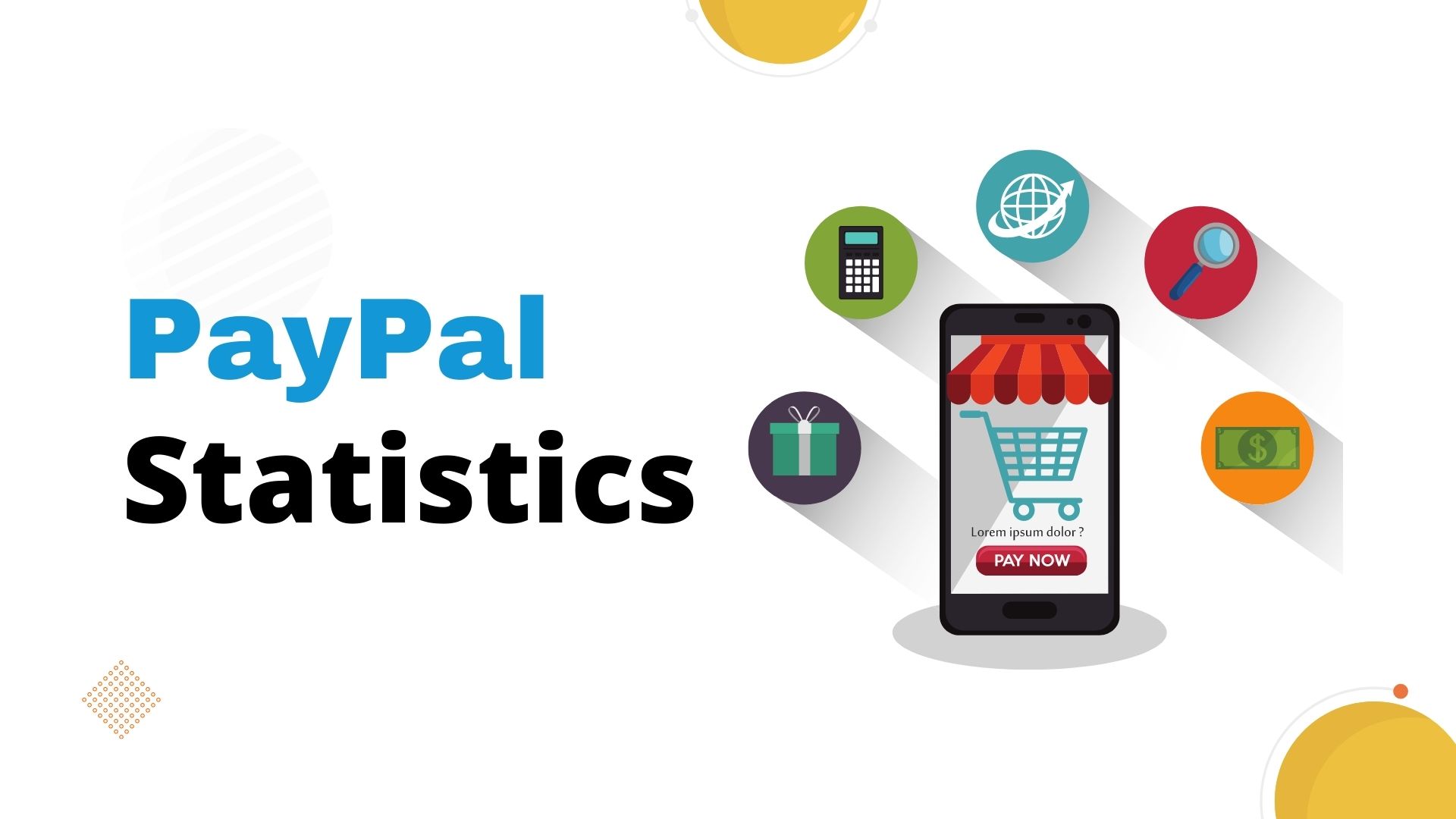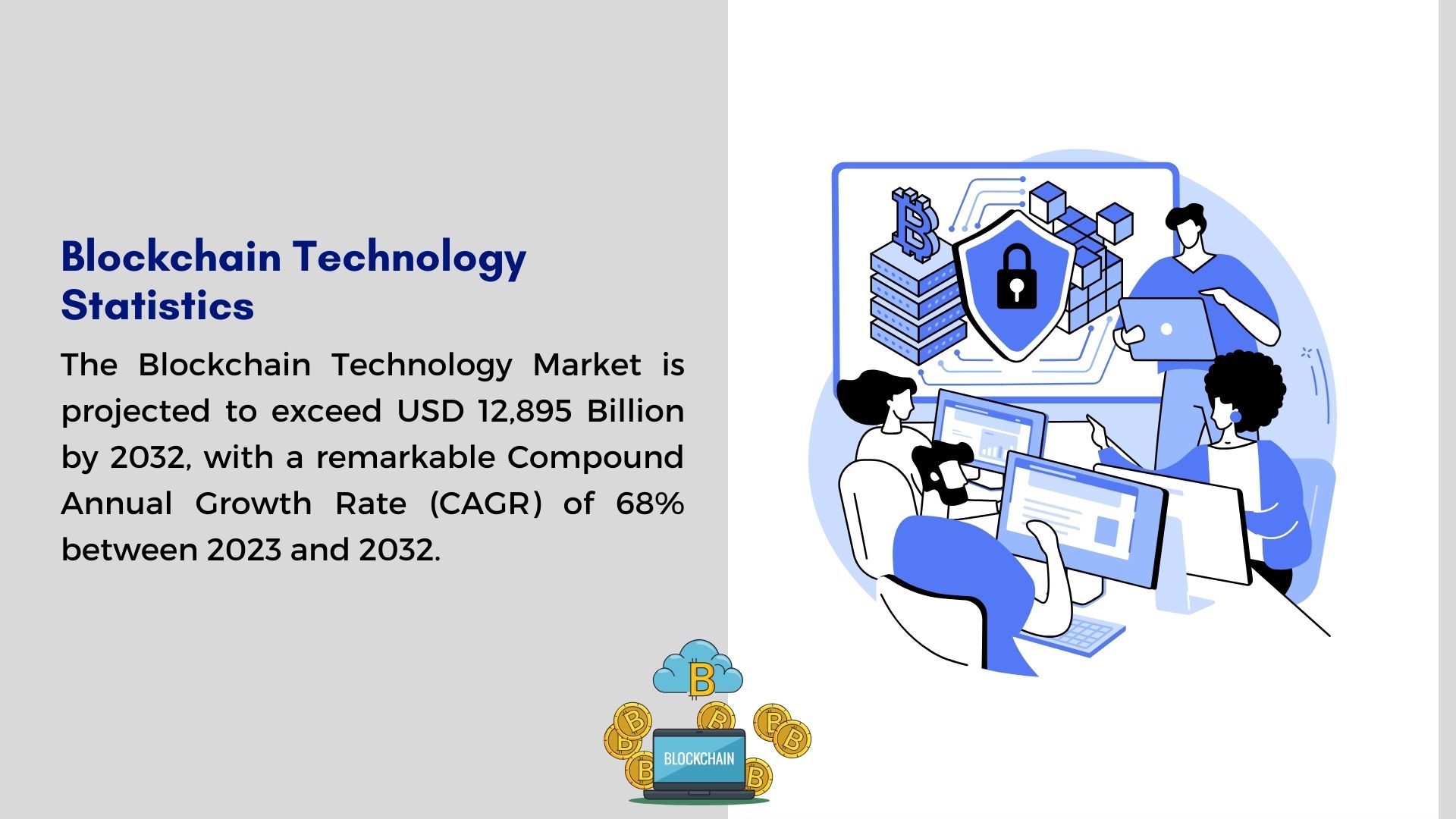Published Via 11Press: Global tax management software market have been increasing in recent years. This market is expected to continue growing in the future. Factors such as increased government regulations, the need to ensure compliance with tax laws, and the increasing adoption of cloud-based tax administration solutions are driving the market.
The global tax management software market was worth USD 1.61 billion in 2022. It is expected to grow at a 21.0% CAGR during the forecast period, reaching USD 10.83 billion in 2032 according to Market.us. North America will hold the largest share of the global tax software market, due to its high adoption rate and the presence of key players.

We Have Recent Updates on the Market in Sample Copy@ https://market.us/report/tax-management-software-market/request-smaple
Key Takeaway
- The global tax management software market is estimated to be worth USD 1.1 billion in 2020. By 2025, it will reach USD 2.9 billion. This projection represents a 21.0% increase in the market’s size.
- The growing government regulations and the increasing adoption of cloud-based solutions for tax management are the driving forces behind the market.
- North America is expected to hold the largest share of the global market for tax management software due to the high adoption of tax management solutions in the region and the presence of many key players.
- Due to cloud-based solutions’ benefits such as cost-effectiveness (scalability) and flexibility, the segment of cloud-based solutions is expected to grow faster during the forecast period.
- The SME sector is expected to grow at a higher compound annual growth rate (CAGR) during the forecast period, due to the growing adoption of tax management software by SMEs in order to streamline their tax processes as well as comply with tax regulations.
- Because of the high volume and need for timely and accurate tax compliance, the BFSI segment is expected to hold the largest market share in global tax management market software.
Regional Snapshot
- North America: North America is expected to hold the largest market share in the global tax management software market due to its high adoption rate of solutions and the presence of several key players. The United States and Canada are two major countries contributing to growth within this region’s tax management software market.
- Europe: Europe is expected to experience significant growth in the tax management software market due to tightening government regulations related to tax compliance and increasing adoption of cloud-based solutions. The United Kingdom, Germany, and France are major countries driving this development within Europe’s tax management software market.
- Asia Pacific: Asia Pacific is expected to witness the highest growth rate in the tax management software market due to increasing adoption of tax management solutions by small and medium-sized enterprises and organizations’ focus on streamlining their tax processes. China, Japan, and India are major countries driving this market growth throughout Asia Pacific.
- Latin America: Latin America is expected to experience significant growth in the tax management software market due to tightening government regulations related to tax compliance and an increasing inclination toward cloud-based solutions. Brazil and Mexico are two major countries driving this development within Latin America’s tax management software market.
- Middle East and Africa: The Middle East and Africa are expected to experience significant growth in the tax management software market due to the increasing adoption of tax management solutions by organizations to comply with regulations and reduce non-compliance risks. Major countries contributing to this development include United Arab Emirates, Saudi Arabia, and South Africa.
Drivers
- Government Regulations: Governments around the world are enforcing new tax regulations to improve compliance and reduce fraudulence. This has necessitated organizations to adhere to various tax laws and regulations, necessitating them to invest in tax management software.
- Cloud-Based Tax Management Solutions Gain Popularity: Cloud-based tax management software has several advantages, such as cost efficiency, scalability, and adaptability – which have contributed to its rising adoption.
- Need for Accurate and Timely Tax Compliance: Organizations are under increasing pressure to adhere to tax laws and regulations accurately and promptly. Tax management software helps streamline these processes, decreasing the likelihood of non-compliance.
- Complicated Tax Laws: As tax laws and regulations become ever more intricate, it has become increasingly difficult for organizations to stay abreast of all relevant requirements. Tax management software helps organizations stay current on evolving tax rules and regulations by providing an up-to-date view.
- Growing Adoption of Artificial Intelligence and Machine Learning: Tax management software solutions are increasingly incorporating artificial intelligence and machine learning technologies, which enable organizations to automate tax processes and boost accuracy.
- Small and medium-sized enterprises (SMEs) are increasingly turning to tax management software solutions to streamline their tax processes and adhere to tax regulations.
Restraints
- Implementation and maintenance costs: Implementing tax management software solutions can be expensive, and ongoing running expenses could prove to be a deterrent for some organizations.
- Lack of Awareness: Despite the many advantages offered by tax management software, some organizations are unaware of its advantages. This can be a major deterrent to adoption, especially among small and medium-sized enterprises.
- The complexity of Tax Laws and Regulations: Tax management software can assist organizations in complying with tax laws and regulations, but their intricate nature makes it difficult to implement effective solutions for managing these processes.
- Integration Issues: Tax management software solutions may require integration with existing financial systems, which can be complex and time-consuming. This could pose a barrier to adoption for some organizations.
- Security Concerns: Tax management software solutions may contain sensitive financial data that is vulnerable to cyber-attacks. Organizations must ensure their tax management solutions are secure and compliant with data privacy regulations.
- Limited Customizability Options: Some tax management software solutions may not offer full customization to fit the organization’s individual requirements, which could restrict its usefulness and reduce the value of an investment.
Opportunities
- Adoption of Artificial Intelligence and Machine Learning: Utilizing artificial intelligence and machine learning in tax management software solutions can enable organizations to automate tax processes, enhance accuracy, and reduce compliance costs.
- Expanding Tax Management Software Markets in Emerging Markets: Tax management software vendors are seeing significant growth potential in emerging markets such as Asia-Pacific, Latin America, and the Middle East/Africa, where people are adopting advanced technologies for improved tax compliance. These regions represent significant expansion opportunities for these vendors.
- Increased Demand for Cloud-Based Tax Management Solutions: With the growing adoption of cloud computing, there is an increasing need for cloud-based tax management solutions that offer scalability, cost efficiency, and flexibility.
- Integration with Other Financial Systems: Connecting tax management software solutions to other financial applications can streamline operations and enhance compliance for organizations.
- Customization of Tax Management Software Solutions: Tailoring tax management software solutions to fit the unique requirements of an organization can give vendors a competitive edge and boost the value of the solution for customers.
- Partnership with Tax and Accounting Firms: Partnering with tax and accounting firms can enable tax management software vendors to expand their customer base, enhance product offerings, and boost revenues.
View Detailed TOC of the Report | https://market.us/report/tax-management-software-market/table-of-content/
Challenges
- Data Security and Privacy Issues: Tax management software solutions contain sensitive financial data, making breaches extremely damaging. As a result, organizations need to guarantee their tax management software solutions are secure and adhere to data privacy regulations.
- Resistance to Change: Organizations may resist adopting tax management software due to a lack of awareness about its advantages or an unwillingness to alter existing processes.
- Lack of Standardization: Tax laws and regulations differ across countries and regions, making it difficult to create tax management software solutions that can be utilized globally.
- The complexity of Tax Laws and Regulations: Tax laws and regulations can be intricate, evolving frequently – making it difficult for tax management software solutions to stay abreast of all requirements.
- Competition from Established Vendors: The tax management software market is highly competitive, with several established vendors dominating it. New entrants may find it challenging to compete against these established players.
- Implementation and training challenges: Implementing tax management software solutions can be complex and time-consuming, necessitating significant resources and training. For some organizations, this may pose a barrier to adoption.
Key Market Segments
Type
- Cloud, SaaS, Installed-Mobile
- Installed-PC
- Installed-Mobile
Application
- Personal Use
- Commercial Use
Key Market Players
- Avalara
- Outright
- Shoeboxed
- SAXTAX
- H&R Block
- CrowdReason
- Paychex
- Drake Software
- Taxify
- Accurate Tax
- Canopy
- Beanstalk
- CCH
- ClearTAX
- Credit Karma
- Empower
- Exactor
- Longview Solution
- RepaidTax
- Rethink Solutions
Report Scope
| Report Attribute | Details |
| The market size value in 2022 | USD 1.61 Bn |
| Revenue forecast by 2032 | USD 10.83 Bn |
| Growth Rate | CAGR Of 39.8% |
| Regions Covered | North America, Europe, Asia Pacific, Latin America, and Middle East & Africa, and Rest of the World |
| Historical Years | 2017-2022 |
| Base Year | 2022 |
| Estimated Year | 2023 |
| Short-Term Projection Year | 2028 |
| Long-Term Projected Year | 2032 |
Recent Development
- Cloud-Based Tax Management Solutions Gain Popularity: Cloud-based tax management software solutions are becoming more and more sought after due to their scalability, cost-effectiveness, and flexibility. Vendors are increasingly offering cloud-based solutions in response to customers’ increasing demands.
- Integration with Other Financial Systems: Tax management software solutions are now being integrated with other financial applications, such as accounting software, to give organizations a comprehensive management solution.
Frequently Asked Question
Q: What is the current market size for the Tax Management Software Market?
A: According to a report by Market.us, the Tax Management Software Market was valued at USD 1.61 billion in 2022 and is expected to reach USD 10.83 billion by 2032, growing at a CAGR of 21.0% during the forecast period.
Q: What are the key segments of the Tax Management Software Market?
A: The Tax Management Software Market can be segmented based on Type (Cloud, SaaS, Installed-Mobile, Installed-PC, Installed-Mobile), By Application (Personal Use, Commercial Use), and geography (North America, Europe, Asia-Pacific, Latin America, and Middle East & Africa).
Q: Who are the key players in the Tax Management Software Market?
A: Some of the key players in the Tax Management Software Market include Avalara, Outright, Shoeboxed, SAXTAX, H&R Block, CrowdReason, Paychex, Drake Software, Taxify, Accurate Tax, Canopy, Beanstalk, CCH, ClearTAX, Credit Karma, Empower, Exactor, Longview Solution, RepaidTax, Rethink Solutions.
ABOUT AUTHOR

Barry is a lover of everything technology and finance (FinTech). Figuring out how the software works and creating content to shed more light on the value it offers users is his favorite pastime. When not evaluating apps or programs, he's busy trying out new healthy recipes, doing yoga, meditating, or taking nature walks with his little one.









